Related Research Articles
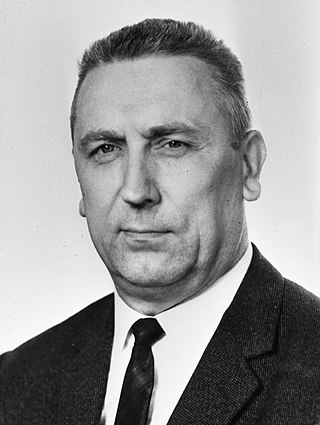
Edward Gierek was a Polish Communist politician and de facto leader of Poland between 1970 and 1980. Gierek replaced Władysław Gomułka as First Secretary of the ruling Polish United Workers' Party (PZPR) in the Polish People's Republic in 1970. He is known for opening communist Poland to the Western Bloc and for his economic policies based on foreign loans. He was removed from power after labor strikes led to the Gdańsk Agreement between the communist state and workers of the emerging Solidarity free trade union movement.

Maria Gabriela Stefania Korwin-Piotrowska (1857–1921), known as Gabriela Zapolska, was a Polish novelist, playwright, naturalist writer, feuilletonist, theatre critic and stage actress. Zapolska wrote 41 plays, 23 novels, 177 short stories, 252 works of journalism, one film script, and over 1,500 letters.
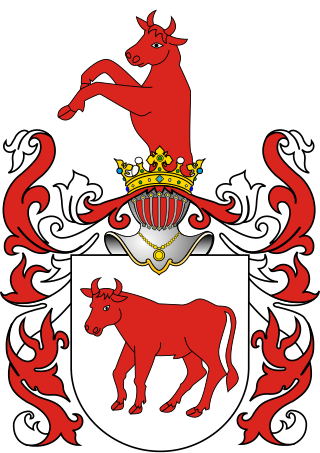
Ciołek is a Polish coat of arms, one of the oldest in medieval Poland. It was used by many szlachta (noble) families under the late Piast dynasty, under the Polish–Lithuanian Commonwealth, during the Partitions of Poland, and in the 20th century. The variant names "Siolek" and "Cialek" arose from miscommunication among early-20th-century Polish immigrants to the United States.
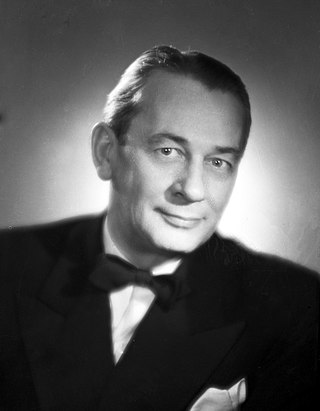
Mieczysław Fogg was a Polish singer and artist. His popularity started well before World War II and continued well into the 1980s. He had a characteristic way of staying very serious yet slightly emotional on stage when singing. Fogg had a lyric baritone voice and can be compared to French Tino Rossi in style.
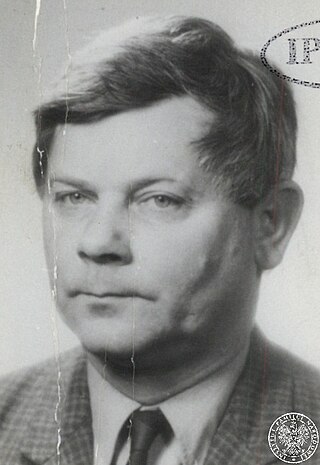
Zbigniew Herbert was a Polish poet, essayist, drama writer and moralist. He is one of the best known and the most translated post-war Polish writers. While he was first published in the 1950s, soon after he voluntarily ceased submitting most of his works to official Polish government publications. He resumed publication in the 1980s, initially in the underground press. Since the 1960s, he was nominated several times for the Nobel Prize in Literature. His books have been translated into 38 languages.
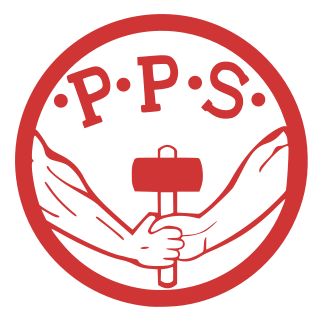
The Polish Socialist Party is a socialist political party in Poland.

Zbigniew Hubert Cybulski was a Polish film and theatre actor, one of the best-known and most popular personalities of the post-World War II history of Poland.

Rypin is a town in north-central Poland, in Kuyavian-Pomeranian Voivodeship, about 50 km east of Toruń. It is the capital of Rypin County. Population is 16,528 (2010).
Polska Liga Koszykówki (PLK) is a professional men's club basketball league in Poland. It constitutes the first and highest-tier level of the Polish league pyramid. The winning team of the final round are crowned the Polish Champions of that season. It began in 1947–48, with the name of I Liga, and was originally organized by the Polish Basketball Federation. The league changed to its current form, beginning with the 1997–98 season, after the Polska Liga Koszykówki SA, PLK SA took control over the league. In 2000–01 season the league turned professional.

Kabaret TEY was one of the most popular Polish cabarets in the 1970s and 1980s. Its main performers included Zenon Laskowik and Bohdan Smoleń.

The Greeks in Poland form one of the country's smaller minority groups, numbering approximately 3,600.
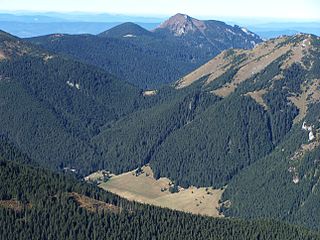
Gwiazda Polski was a balloon, which, according to the Polish planners, was going to reach the stratosphere, thus beating the 1930s high-altitude world record, established on November 11, 1935 by Albert William Stevens and Orvil Arson Anderson, in the Explorer II balloon. Stevens and Anderson ascended to the altitude of 22,066 m, the Poles wanted to reach the altitude of 30 kilometers. Polish crew, consisting of Captain Zbigniew Burzynski and Doctor Konstanty Jodko-Narkiewicz, attempted the stratospheric flight in The Star of Poland on October 14, 1938 in the Tatra Mountains, but the balloon caught fire when it was less than 100 feet above the ground.

Jacek Jan Fedorowicz is a Polish satirist and actor.
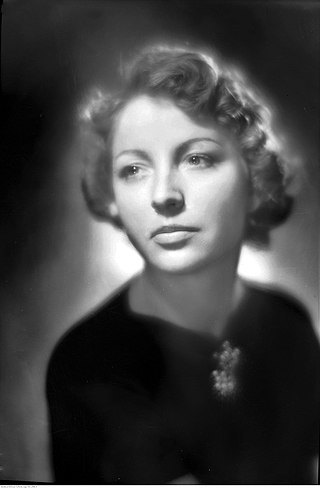
Lidia Wysocka was a Polish stage, film and voice actress, singer, cabaret performer and creative director, theatre director and costume designer, editorialist.
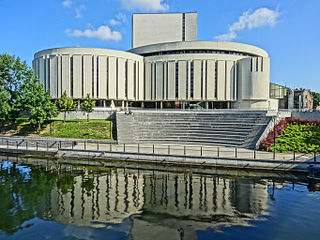
The Opera Nova is an opera house in Bydgoszcz, Poland. It was established in 1956, and it also plays the role of a musical theatre. It is one of the 10 opera houses in Poland and the only one of this size in the Kuyavian-Pomeranian Voivodeship. Opera Nova also welcomes the scene of the Bydgoszcz Buratino Puppet Theatre.
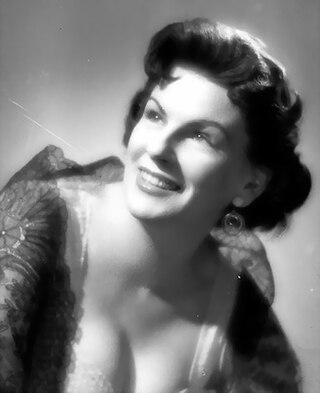
Maria Koterbska was a Polish singer who was particularly popular in the 1950s and 1960s. Her biggest hits include Augustowskie noce, Brzydula i rudzielec, Karuzela, Parasolki, Serduszko puka w rytmie cza cza, Wrocławska piosenka, and Do grającej szafy grosik wrzuć.

Izabela Zubko is a Polish poet.
Events in the year 2022 in Poland.
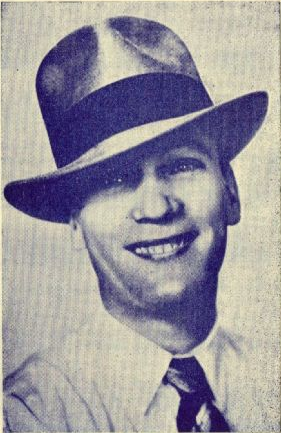
Karol Szczęsny Hanusz was a Polish theatrical, cabaret and silent film actor and singer (baritone). He was one of the first Polish cabaret stars.
References
- ↑ Od Siedmiu Kotów...
- Ryszard Marek Groński (1971). Od Siedmiu Kotów do Owcy. Kabaret 1946-1968. Warszawa: Wydawnictwa Artystyczne i Filmowe. pp. 127–156.
- Roman Frankl (2008). Maria Koterbska. Karuzela mojego życia. Warszawa: Państwowy Instytut Wydawniczy. ISBN 978-83-06-03159-1.
- Zbigniew Adrjański (2002). Kalejdoskop estradowy: leksykon polskiej rozrywki 1944-1989: artyści, twórcy, osobistości. Warszawa: Bellona. ISBN 83-11-09191-9.